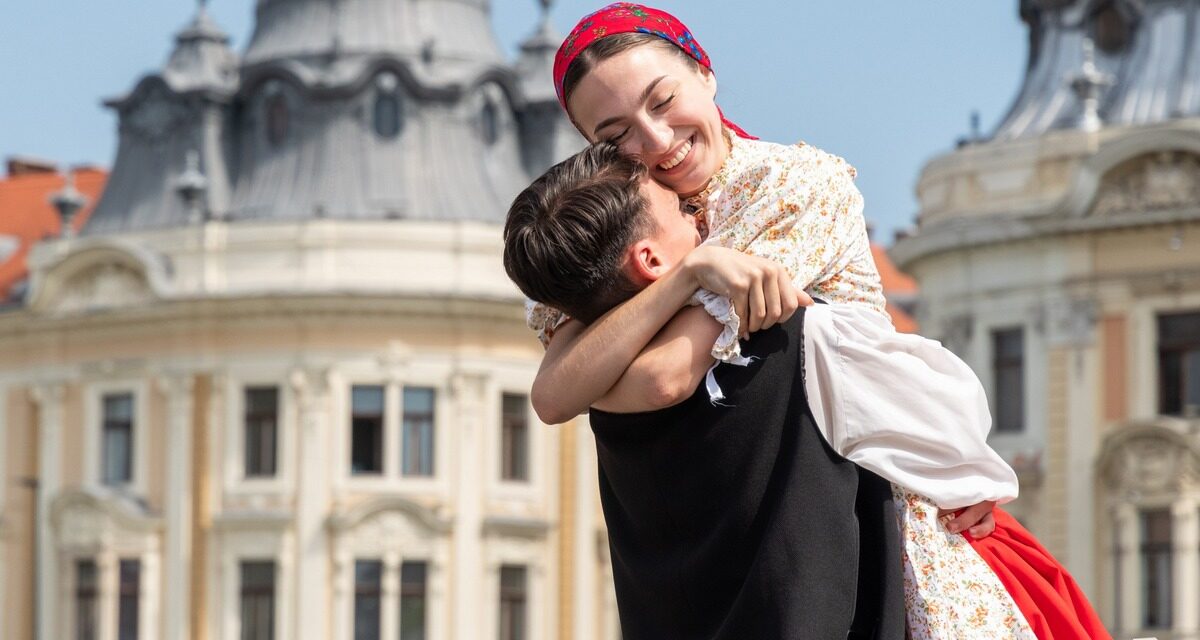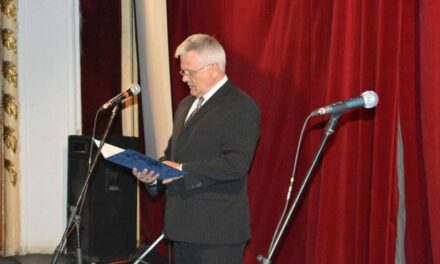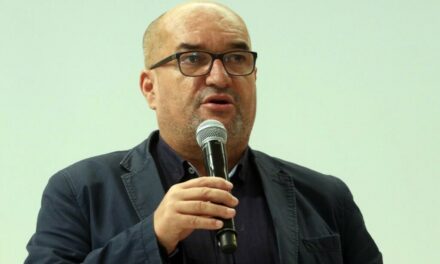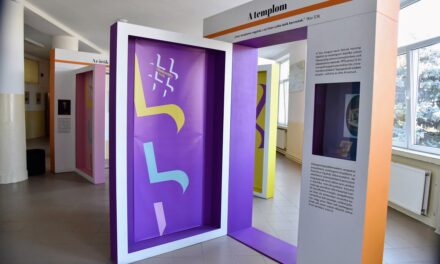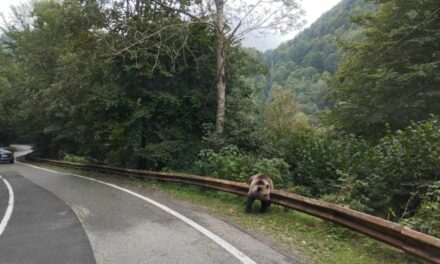The Cluj-Napoca Hungarian Days (KMN) is a special form of the Hungarian quality of existence; it not only shows what a unique cultural heritage we have, but also that it is our common responsibility to preserve it - declared János Nagy, the State Secretary who heads the Prime Minister's Office, on Monday evening in Cluj-Napoca, at the opening gala of the 15th edition of the Transylvanian Hungarian Cultural Festival.
In his speech to the audience that filled the Hungarian theater to capacity, the politician drew attention to the importance of remembrance. In addition to the founding of the Hungarian state, he recalled that on this day 708 years ago, King Robert Károly returned Cluj-Napoca's status as a free royal city, and 15 years ago some young people decided to create a Hungarian cultural festival in the capital of Transylvania.
"So, just like in Hungary, 2010 also marked the beginning of a new time calculation here in Cluj. The opening of an era fraught with struggles, faced with many challenges, but still forward-looking and a source of pride"
said János Nagy.
He pointed out: today the KMN has grown into one of the largest cultural centers in the Carpathian Basin, and many Transylvanian cities have followed its example. He assessed that "this is a serious weapon", a brave act, which is in line with the motto of Prince Gábor Bethlen: "it is not always possible to do what is necessary, but one must always do what is possible".
He reminded:
while yesterday was about survival, the present is about construction, for which the Hungarian government provides all the support.
Even today, many people would like Hungarians to see themselves as small, weak, and breakable, even though, even if divided into different countries, Hungarians are the nation with the largest population in the Carpathian Basin. "Together we are strength, everywhere is weakness!" he said.
He touched on the Hungarians' commitment to peace and the fact that the peoples of the Carpathian Basin and Central Europe have always cooperated to make the region prosperous. "We can live poor - separately, or we can live together - rich," he said.
He added: That is why Hungary is interested in Romania's development, and under its EU presidency supports the acquisition of Schengen membership, the Budapest-Clujsvár high-speed railway plan, which can also lead to Bucharest. He rated it as
"the Transylvanian Hungarians can be the bridge through which Budapest and Bucharest communicate and find common goals".
"Happy birthday, Cluj! May God bless us all," Balázs Gergely, the main organizer of the Hungarian Days in Cluj and the president of the Kincses Cluj-Napoca Association, greeted those present on the city's "birthday".
Referring to this year's motto - The seven and the eight - he said: with the medieval word for accommodation, they also wanted to refer to the seven virtues and the eight biblical happinesses, because they form the basis of the event. He believed that 15 years ago, the KMN would signal to future archaeologists that a strong, colorful Hungarian cultural and social life took place in Cluj-Napoca, Transylvania.
This year, they were prepared with two gifts, he said, a 1,000-piece puzzle of Főtér, full of Hungarian sunbathers, and an old postcard depicting St. Michael's Church, which was awarded the Europa Nostra award this year.
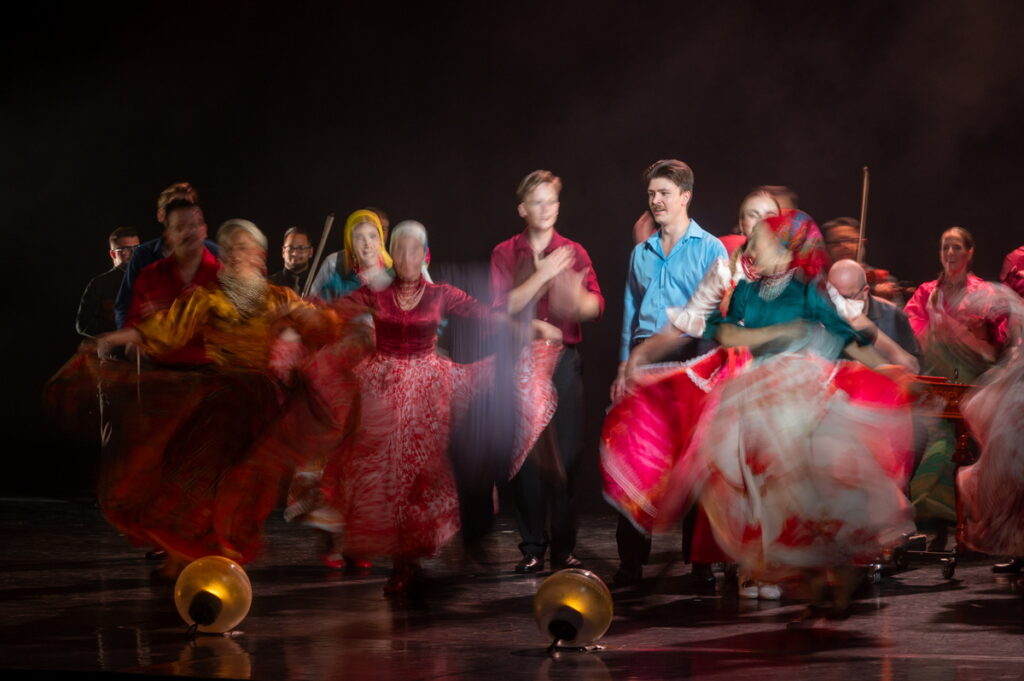
The Hungarian State People's Ensemble's performance titled "City wanderers" at the opening gala of the 15th Cluj Hungarian Days in the main hall of the Hungarian Opera in Cluj on August 19, 2024.
MTI/Gábor Kiss
"15 years of Hungarian Days in Cluj-Napoca give us a new framework for the passing time," said Kelemen Hunor, president of the Romanian Hungarian Democratic Association. He emphasized that "we" includes the Hungarians of Transylvania, Partium, Maramaros, Hungary and the Carpathian Basin.
He pointed out:
15 years is not much when measured on a historical scale, but it is enough to be able to plan for another 15, a good tradition that should be kept alive.
"Culture should not be abolished, but should be loved, understood and lived in. It is not necessary to get rid of the community, but to build it again and again," said the president of the RMDSZ, according to whom the organizers of the KMN are doing just that.
Tibor T. Toró, the vice-president of the Transylvanian Hungarian Association, recalled the founding of the KMN and stated that the idea proved to be timeless. He believed that the key to success, among many other aspects, was "the historic settlement that gave reason, framework and meaning to the event, the city that can never be given up, Cluj", the pillar of the spiritual bridge connecting the Hungarians of Székelyföld and Partium, the spiritual capital of Transsylvanianness.
"The political and spiritual heritage, past and present of our capital, Kincses Cluj, is a heavy but beautiful burden.
Compulsion and opportunity. In the past 15 years, the organizers of the KMN have successfully forgotten the compulsion and used the opportunity," he said.
At the opening gala, the Kincses Cluj-Napoca Award was presented, with which the Kincses Cluj-Napoca Association, which organizes the Hungarian Days, tries to draw attention to an outstanding work of life in Transylvania and Cluj-Napoca.
This year, the 94-year-old historian Ákos Egyed received the award for his outstanding activity in the field of Hungarian history and for his tireless community and science organizing work.
Gábor Sipos, the vice-president of the Transylvanian Museum Association, praised the awardee, pointing out that the academician is the best-known Transylvanian Hungarian historian from Székelyföld to Cluj-Napoca. Amidst a standing ovation, the awardee thanked "the beautiful holiday" and asked for God's blessing on the event and its organizers.
The opening gala was made more festive by the Hungarian State People's Ensemble's dance concert entitled City Wanderers.
MTI
Cover photo: Anita Deák / Hungarian Days of Cluj-Napoca Facebook

